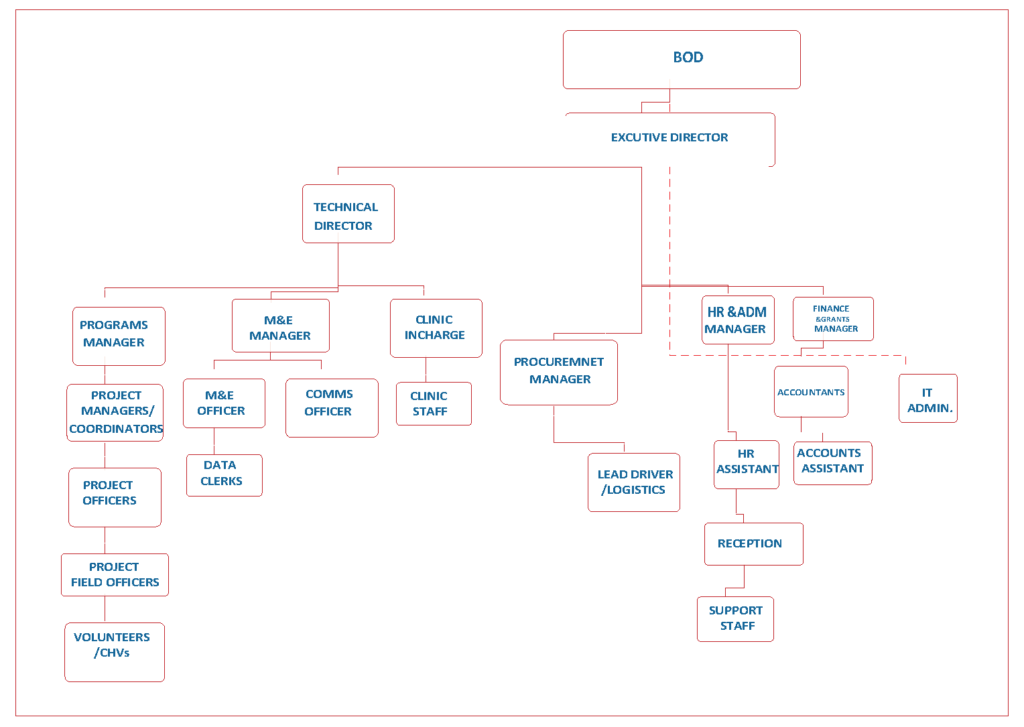Hotline: 0800 722 970
/ Info: 0708555666
- Email: info@amurtafrica.org
- Address: 209 Mountain View Estate, Nairobi
Our interventions are people centered. We reach communities and households with services that seek to alleviate poverty and improve their wellbeing. Our flagship health mainly targets most at risk individuals –adolescents and young girls. We also offer services to orphaned and vulnerable children largely through their caregivers.
We are a Kenyan organization – registered in the country in 1993 as a local not for profit Non-Governmental Organization. We possess demonstrated experience and capacity in implementing programs that seek to improve human condition and advance socio-economic development with proven impact. Since inception, we have successfully implemented over 20 in fields that include humanitarian relief, health, education and environmental sustainability.
Our 120 staff, presence in 13 counties, a visionary management team and a modest portfolio of donors and partners attest to our fast-growing stature.
We fully comply with statutory and donor requirements – our current donor portfolio include the Embassy of Japan, USAID, UKAID, Global Fund and Comic Relief. We also enjoy working relations with national and local government; and co-implementing partners especially the University of Nairobi. For a full statement, download it here.

Our current annual operating budget is financed by grants from donors and internally generated resources. We intend to be more proactive and coordinated in our fundraising efforts and mobilize new sources of funding.
.